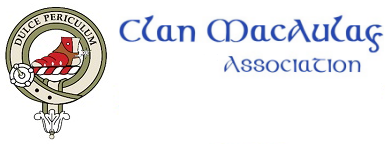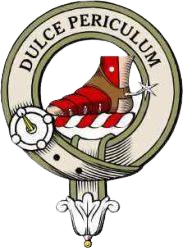 Overview
Overview
Anyone interested in their ancestry has done at least a little genealogical research. Whether wading through volumes of musty old books in libraries or accessing millions of pages of online records, finding a “paper trail” for long-ago family members brings them to life. The list of primary sources researchers look for is very long, but usually includes vital records, censuses, court documents, religious, land and property records, wills and probate documents, and emigration/immigration lists.
There are different types of genealogical research: direct lineage, “cluster research” (documenting all members of a specific family during the same time period), and “descendant research” (documenting descendants of a specific ancestor-couple to find cousins). No matter how it’s done, building a family tree based on proof can be very enlightening and satisfying.
In all cases, the goal is to find as much evidence as possible within a genealogical time frame. The genealogical time frame is generally defined as the period of time during which it is possible to establish genealogical relationships based on documentary evidence.
Secondary sources like oral histories, records that are created after-the-fact, or information supplied by non-eye-witnesses to an event, are valuable for corroborating and supporting primary sources. Rigorously investigated DNA test matches are also a type of secondary source. Because there is no “chain of evidence” with hobbyist DNA test databases, results aren’t considered proof, but substantial supporting evidence.
Each family will have different “stories” and historical data handed down from generation to generation within their line. The ability to connect with others researching a family is invaluable in building a complete and more accurate picture. Many members of the MacAulay Clan have researched their particular line. Connecting those lines with other MacAulay cousins may reveal valuable clues and discoveries.


